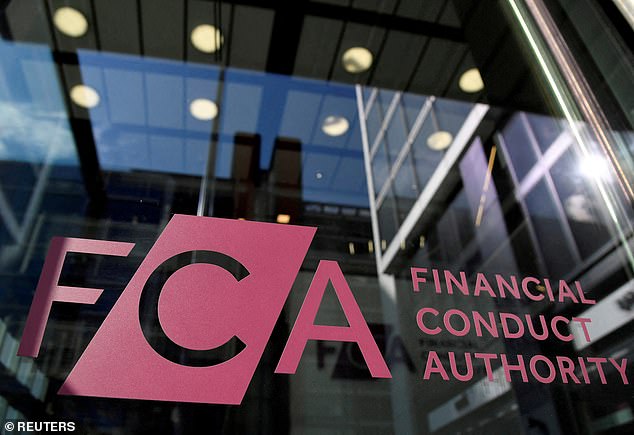Table of Contents
The City regulator has done a good job of extracting €250m (£215.5m) for UK investors in funds managed by H2O Investment Management.
The London-based fund manager ran into trouble in 2019 after being overexposed to illiquid securities linked to controversial German financier Lars Windhorst.
The Financial Conduct Authority (FCA) opted to require compensation for investors rather than impose fines on H2O, arguing that European regulators were better placed to impose sanctions.
The result illustrates FCA chief executive Nikhil Rathi’s efforts to deliver for consumers rather than obsess over bureaucracy.
This shows that investors should be cautious of asset managers who enjoy a life of luxury.
Investigation: The FCA opted to require compensation for investors, rather than impose fines on H2O, arguing that European regulators were better placed to impose sanctions.
It found evidence of conflicts of interest and more than 50 examples of H2O colleagues failing to properly declare hospitality, including the use of superyachts and private jets.
That would seem to put into the shade some of the lavish hospitality provided or offered to some UK money managers.
The FCA’s investigation and settlement on behalf of British investors in H2O are a reminder that it has unfinished business with investment guru Neil Woodford.
He also enjoyed the finer things in life, with jumping being one of his passions.
In March this year, the FCA secured up to £185.7m in compensation for investors in authorised corporate director Link’s Woodford Equity Income closed-end fund after five years of work.
However useful this has been for savers in Woodford’s funds, it has left unfinished business. My own investment in Woodford Patient Capital, now rebranded by Schroders, shows an 80% loss in a period when markets (this week’s stumble notwithstanding) soared.
In April, the regulator placed Neil Woodford on “warning” acknowledging a “flawed” approach to managing the funds. Woodford disagrees with the FCA’s findings, describes the verdict as flawed and is challenging the decision.
As currently constituted, there are levels of legal protection for alleged infringers.
None of this satisfies Woodford’s investors, who are seeking further redress through the courts and would like nothing more than to see the person they entrusted with their hard-earned savings brought to justice. But it doesn’t end there.
Investment platform Hargreaves Lansdown (HL) exposed up to 300,000 clients to assets managed by Woodford, either directly or through its own funds.
HL is set to accept a £5.4bn takeover by a consortium of private equity firms led by CVC.
It is hoped that if there are new owners, they will understand the need to repair the reputational and financial damage caused to customers.
Growth spurt
The habit of markets, media and politicians to seize on fragments of economic data and over-interpret them knows no bounds.
During the election campaign, the Resolution Foundation (whose former chief executive Torsten Bell is now a Labour MP) was remarkably successful in propagating the idea that, on a per capita basis, Britons had become much poorer under Conservative rule.
One is never quite sure what is actually happening with per capita output because there are so many factors at play, including the sharp rise in net legal immigration.
The size of the economic pie is also a touching feast. Recently, the National Bureau of Statistics said it underestimated growth in 2022: an increase of 4.8%, not 4.3%.
It may seem like a small adjustment, but when the Bank of England’s forecasts are so modest for 2024 and 2025, the half-percentage point change makes a big difference. Improvements are also expected for 2023 and beyond.
The worst economy since World War II? What nonsense!
King coal
Glencore has had its governance problems, but one cannot help but admire its willingness to swim against the tide.
Separating cash-generating coal and carbon steel holdings makes no sense and could fund investments in copper, among other things.
Not only that, it is prepared to double its investment in coal if opportunities arise.
Why not? Someone has to make weapons-grade virgin steel.
DIY INVESTMENT PLATFORMS

AJ Bell

AJ Bell
Easy investment and ready-to-use portfolios

Hargreaves Lansdown

Hargreaves Lansdown
Free investment ideas and fund trading

interactive investor

interactive investor
Flat rate investing from £4.99 per month

Saxo

Saxo
Get £200 back in trading commissions

Trade 212

Trade 212
Free treatment and no commissions per account
Affiliate links: If you purchase a product This is Money may earn a commission. These offers are chosen by our editorial team as we believe they are worth highlighting. This does not affect our editorial independence.


